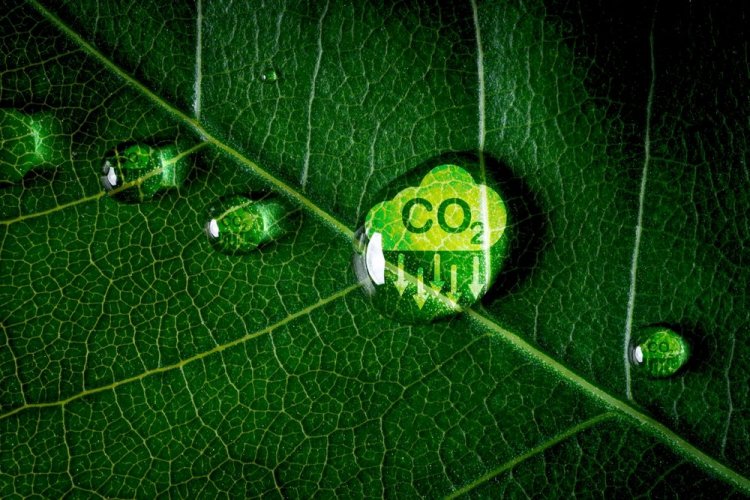Senators Chris Coons and Kevin Kramer have drafted and submitted to the US Congress a new bill "PROVE IT Act" (Providing Reliable, Objective, Verifiable Emissions Intensity & Transparency), which provides for a comparison of greenhouse gas emissions of certain goods, including steel produced in United States, with products from other countries. This document is evaluated in the same way as the carbon border regulation mechanism (CBAM) in Europe.
It is reported by SteelOrbis with reference to the American Institute of Iron and Steel (AISI).
The bill states that American production and products are among the cleanest in the world, and it is designed to "strengthen transparency around data on global emissions intensity in order to hold countries with dirtier production accountable."
If the "PROVE IT Act" is passed, it could lead to the introduction of certain trade measures against imports of goods whose origins are more carbon intensive. Steel producers mostly welcome the policy because fewer imports mean less competition, which they don't have to worry about.
The process of passing the PROVE IT Act by the government may take some time. Once in force, it may have long-term effects on imports from certain countries.
"Trade-distorting policies in many countries continue to contribute to a significant global excess of steel capacity, much of which is in far more carbon-intensive steel-producing countries than the US, including China, India, Indonesia and other Southeast Asian countries. of Asia
We need policies to address this current imbalance in emissions and hold high-emitting overseas producers accountable for their significantly higher carbon emissions," said Kevin Dempsey, president and chief executive officer of AISI.
We will remind that in June 2022 in the US Congress there was a similar legislative initiative – "Law on Fair Competition" . For implementing own CBAM campaigned in 2023, also the American Iron and Steel Institute.
In October 2023 EcoPolitic talked about the results of the study of the climate coalition Climate Leadership Council, which showed , that the competitiveness of American firms may improve amid the launch of the European Carbon Import Adjustment Mechanism (CBAM).





